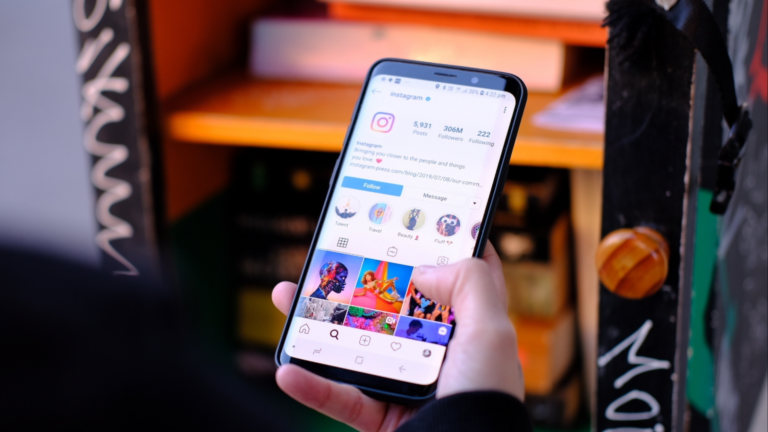89% of people search for healthcare on Google. 60% of those people check a doctor or practice’s website before contacting them, and 71% will look for a different provider if they find a healthcare website lacking.
In this digital age, a high-quality, informative website is critical to reach new patients. What components make up the most effective healthcare website design?
Today, the medical website design experts at Forge Apollo cover which components you need in your website.
1. Mobile-Friendly Design
68% of people searching for healthcare do so from a mobile device. When someone visits your website from their phone or tablet, the design should respond accordingly for the best user experience. This includes elements such as the following:
- Text remains readable
- Images and videos are an appropriate size
- Navigation is easy to access and understand
2. Easy Navigation
Users who visit a website with a specific question should be able to access the answer in less than three clicks. Ensure that your navigation makes it simple for patients to access commonly requested information such as the following:
- Services available
- Medical professionals’ qualifications
- Location and hours of operation
- Links to patient portals and online scheduling platforms
- Insurance accepted
3. Building Trust with Design and Content
Patients put a lot of trust in medical professionals’ hands. Your website should prove that your practice is worthy of that trust by highlighting your qualifications and patient experience.
According to Forge Apollo’s website design expert, Michele Kusmanick, “Besides having a smooth user experience, building trust is one of the most important things a healthcare website should do. You can write about your staff and services, but there’s nothing better than having real-life testimonials saying how great they are. People want to trust that they will have a positive experience with you.”
According to Michele, an ideal website design for healthcare prominently features patient testimonials throughout the content.
Sites can also do the following to build credibility:
- Share medical professional profiles that showcase their position, experience, and specialties
- Display practice accolades, like awards and certifications
- Share the practice’s mission and values so patients can decide if it’s the right fit
4. Clear Calls-To-Action
The desired user action on every page should be clear with a prominent CTA. For example, “Find a Doctor” or “Book an Appointment” clearly state the next step a website visitor should take.
Feature your CTAs in prominent buttons and headings throughout the site to encourage visitors to act.
5. Consistent Branding
Healthcare web design should align with branding standards to provide a cohesive brand experience for visitors. Ensure you have a prominent logo, color scheme, fonts, and tone of voice across your content.
6. Video Content
89% of consumers say watching a video convinced them to buy a service. Videos enhance your medical web design and engage consumers with your practice. Videos can do the following and more:
- Showcase specific doctors
- Share the practice’s accolades
- Feature new infrastructure
- Portray the patient experience
- Tell your practice or professional story
For example, Forge Apollo produced this video for Main Line Health to highlight a patient’s experience at Riddle Hospital.
7. Optimize for Local Search
The best healthcare website design also considers search engine optimization (SEO), especially at the local level. Include optimized on-page elements, like tagged headings and alt text, meta descriptions, and title tags. Build the back-end structure of the site with SEO best practices in mind, as well.
Creating locally-optimized content and establishing a presence on local listings can help potential patients in your service area find you.
Partnering with a healthcare website design company, like Forge Apollo, can ensure your website meets all the SEO best practices.
8. Accessibility
While accessibility is essential on any website, it’s especially important for medical website design. The Americans with Disabilities Act (ADA) requires healthcare websites to be accessible. Sites that ignore accessibility can face fines and even litigation.
Your design should incorporate accessibility features like image alt text, closed captioning on videos, colors with proper contrast, and resizable text. This ensures that users of any ability can find the care they need.
Turn to Forge Apollo for the Best Healthcare Web Design
All medical professionals and practices, from dentists to veterinarians, deserve a website design that helps them shine. Forge Apollo’s Philadelphia web design team is here to help you design the ideal site. Contact us today to learn more or get started.







